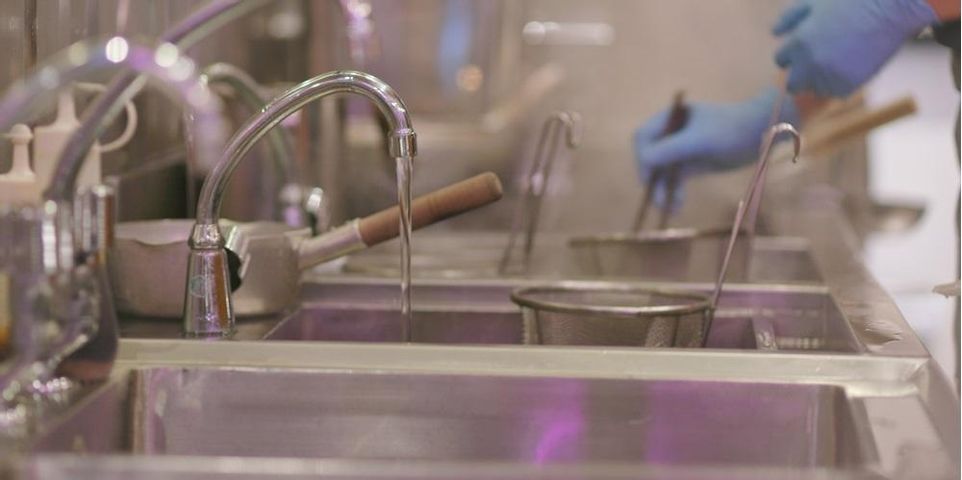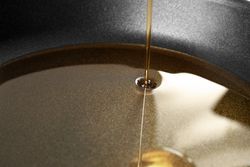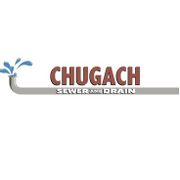How Often Should a Restaurant Clean Its Grease Traps?

For commercial kitchens, grease traps are an essential part of plumbing. This is what keeps the grease and oil from your restaurant kitchen from running into the local sewer and earning your establishment serious fines. However, a grease trap only works properly when it’s regularly emptied; otherwise, the trapped material can overwhelm the system and overflow.
How Often Grease Traps Should Be Cleaned
 In general, most commercial kitchens should check their plumbing and clean their traps every three months. This is usually often enough to ensure that oil doesn’t build up and overflow. However, as you check your grease traps, take note of the amount of material in them. Most traps lose effectiveness when they are about one-fourth full, so if you see that much material when you inspect the trap, you should increase the frequency of cleanings. It may help to train employees not to pour excess grease or oil down the drain whenever possible.
In general, most commercial kitchens should check their plumbing and clean their traps every three months. This is usually often enough to ensure that oil doesn’t build up and overflow. However, as you check your grease traps, take note of the amount of material in them. Most traps lose effectiveness when they are about one-fourth full, so if you see that much material when you inspect the trap, you should increase the frequency of cleanings. It may help to train employees not to pour excess grease or oil down the drain whenever possible.
Call the Professionals
If you’re not sure how to assess the amount of oil and fat that is escaping down your drain, a professional drain cleaning company can help. They’ll take a look at your plumbing, traps, and sewer connection and let you know whether you’re catching all the material you’re supposed to. If you aren’t, you’ll be able to adjust before the city assesses any penalties for noncompliance. As a bonus, a plumbing specialist can also clean your traps for you and check that your equipment is working as intended.
If you’re in Anchorage, AK, and would like a visit from a knowledgeable professional to check your grease traps, contact Chugach Sewer and Drain. This plumbing repair expert and professional drain cleaner will get your sinks flowing smoothly and help you assess your business’s grease trap cleaning needs. To get started, contact them today at (907) 929-5072 or reach out online.
About the Business
(7 reviews)
Have a question? Ask the experts!
Send your question

